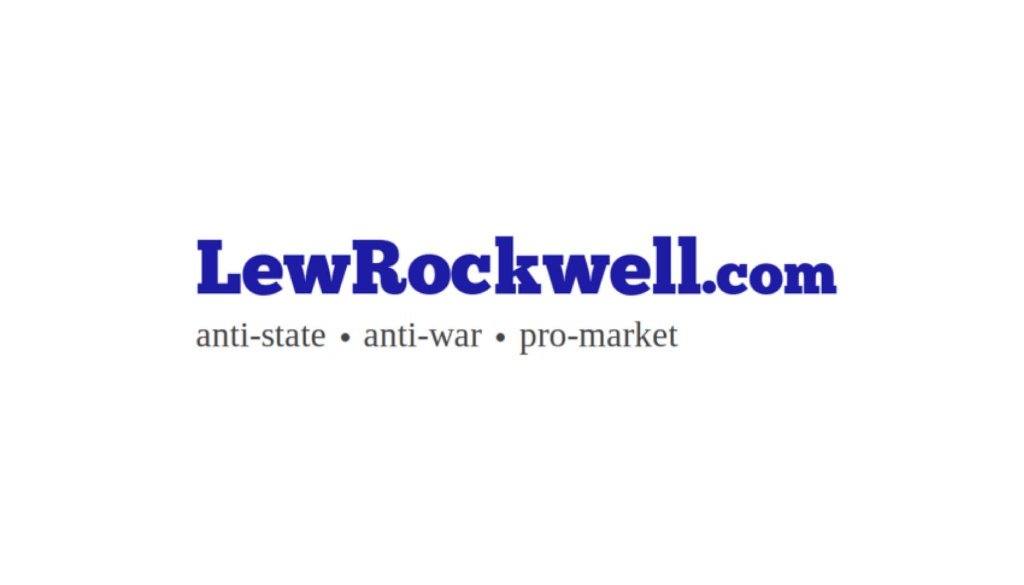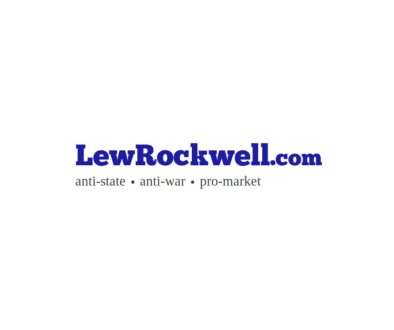A Financial Coup: How the Deep State Is Using Manufactured Crises to Seize Power
“This is economic sabotage. Whether through malice or incompetence or, more likely, both Trump is isolating the United States on the world stage, tanking the markets, worsening inflation, and burdening working families with the cost of his 18th-century cosplay. These aren’t policies. They’re performance art. And the rest of us are footing the bill.”—Oregon’s Bay Area (blog post)
What we’re witnessing is the calculated use of emergency powers to concentrate power in the hands of the president, enrich the Deep State, and dismantle what remains of economic and constitutional safeguards.
Nearly 250 years after our nation’s founders rebelled over abused property rights, Americans are once again being subjected to taxation without any real representation, all the while the government continues to do whatever it likes—levy taxes, rack up debt, spend outrageously and irresponsibly—with little concern for the plight of its citizens.
Nothing has changed for the better with Donald Trump. Indeed, it’s getting worse by the day.
Having inherited one of the strongest economies in the world, President Trump—whose credentials as a businessman include multiple failed business ventures, bankruptcies, and a mountain of debt and unpaid bills—has managed to singlehandedly torch the economy with his misguided tariffs and self-serving schemes, which are being carried out without any oversight or checks from Congress.
Yet it is Congress, not the president, that holds the authority to control government spending.
This is spelled out in the Appropriations Clause, found in Article I, Section 9, Clause 7 of the Constitution, which establishes a rule of law about how the monies paid to the government by the taxpayers are to be governed, and in the Taxing and Spending Clause of Article I, Section 8, Clause 1. In a nutshell, Congress is in charge of accounting for those funds and authorizing how those funds are spent (or not spent).
The founders intended this regulatory power, referred to as the “power of the purse” (to determine what funds can be spent and what funds can be withheld) to serve as a potent check on any government agency that exceeds its authority, especially the executive branch.
As law professor Zachary Price observes, “Given how strong this check is, it may not be surprising that presidents have sought ways to get around it.”
Woven throughout the history of the United States are examples of this constant power struggle.
For instance, Congress used the power of the purse to end the Vietnam War and pull the U.S. military from Lebanon.
Yet while past presidents have sought to expand their authority under the guise of national emergency declarations, Trump simply taken this executive overreach to unprecedented extremes.
Price explains how various presidents from Obama to Biden to Trump have attempted to subvert that same congressional power to press their own agendas, whether by funding the Affordable Care Act, advancing student debt, or as in Trump’s case, by dismantling and defunding agencies funded by Congress.
Executive orders and national emergencies have become a favored tool by which presidents attempt to govern unilaterally. As the Brennan Center reports, presidents have access to 150 such emergency powers, which essentially allow them to become limited dictators with greatly enhanced powers upon declaration of an emergency.
Because the National Emergencies Act does not actually define what constitutes an emergency, presidents have an incredible amount of room to wreak constitutional mischief on the citizenry.
While presidents on both sides of the aisle have abused these powers, Trump is attempting to test the limits of these emergency powers by declaring a national emergency anytime he wants to sidestep Congress and quickly impose his will on the nation.
Trump’s liberal use of emergency powers to sidestep the rule of law underscores the danger they pose to our constitutional system of checks and balances.
Since taking office in January 2025, Trump has used his presidential emergency powers in a multitude of ways in order to mount brazen power grabs thinly disguised as concerns for national security, thereby allowing him to justify tapping into the nation’s natural resources, rounding up and deporting vast numbers of migrants (both documented and undocumented), and imposing duties and tariffs against longtime allies and trade partners.
Thus far, the Republican-controlled Congress, which has the power to terminate an emergency with a two-thirds vote, has done nothing to rein in Trump’s dictatorial tendencies.
These unchecked powers aren’t just a threat to the balance of government—they have immediate, devastating consequences for the economy and working Americans.
Economists fear the ramifications of Trump’s latest national emergency, which he claims will usher in “the golden age of America” through the imposition of heavy tariffs on foreign nations, could push the U.S. and the rest of the world into a major recession by inciting a global trade-war, isolating America economically from the rest of the world, and flat-lining businesses that had expected to boom.
Fears of a recession are growing stronger by the hour.
In addition to sabotaging the economy, laying off tens of thousands of federal employees and dismantling those parts of governmen
Article from LewRockwell

LewRockwell.com is a libertarian website that publishes articles, essays, and blog posts advocating for minimal government, free markets, and individual liberty. The site was founded by Lew Rockwell, an American libertarian political commentator, activist, and former congressional staffer. The website often features content that is critical of mainstream politics, state intervention, and foreign policy, among other topics. It is a platform frequently used to disseminate Austrian economics, a school of economic thought that is popular among some libertarians.




